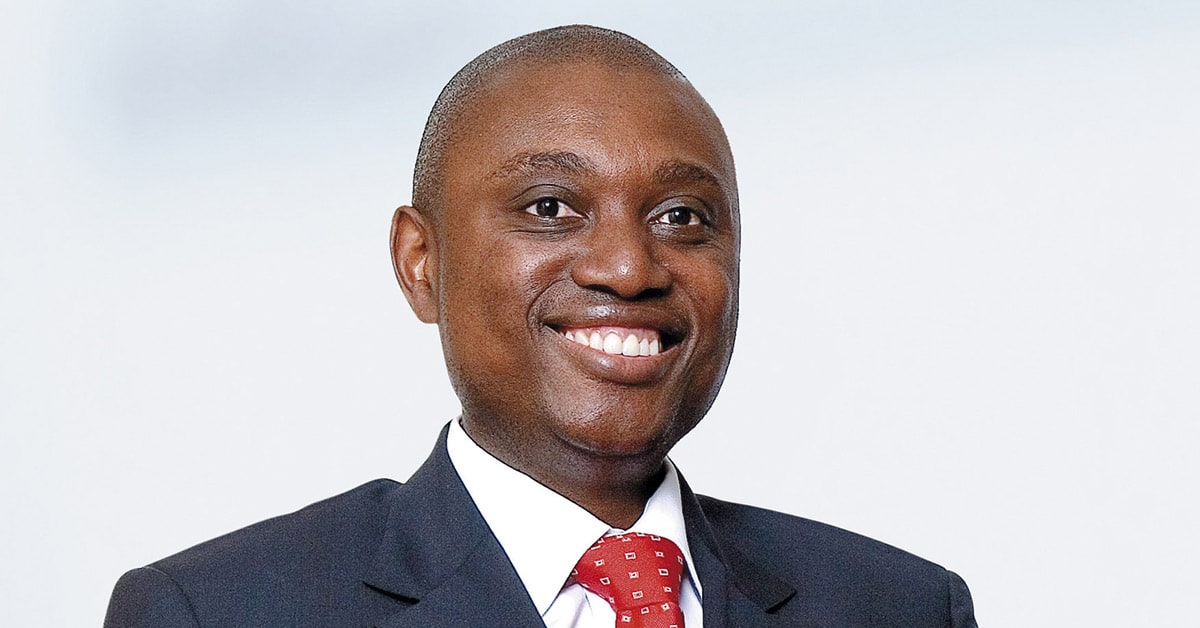The IMF has conducted CBDC workshops in Africa covering issues posed by central bank-governed virtual digital assetsbut adoption has been sluggish.

Central Bank digital currencies are aimed at boosting financial inclusion. But Sim Tshabalala, CEO of Standard Bank, the continent’s biggest lender, has some concerns.
“The key question is whether the retail banking arm of the public sector is subject to the same kinds and levels of regulation” as its private sector competitors, Tshabalala said at the Standard Bank Africa Central Banking Conference in April. “If not, then calling it a CBDC rather than a state-owned retail bank does nothing to mitigate the risk and moral hazards that an unfairly regulated institution could introduce into the financial system.”
Wholesale CBDCs, on the other hand, have the potential to “simplify interbank clearing among institutions,” Tshabalala said. Use of wholesale CBDCs is restricted to financial institutions and for functions such as interbank transactions and settlements,” notes Benjamin Arunda, an independent Kenyan blockchain and CBDC adviser.
Retail CBDCs are nevertheless emerging as the preferred crypto currency for many African central banks; the IMF has conducted CBDC workshops in Africa covering issues posed by central bank-governed virtual digital assets. But adoption rates have been sluggish thus far. Nigeria’s eNaira was launched in 2021, although take-up has been slow, while the Central Bank of Kenya has put its CBDC on ice.
Other countries, including Zimbabwe and Ghana, have said they are working on CBDCs. In April, Zimbabwe announced that it would introduce a gold-backed digital token aimed at fighting elevated inflation in the southern African country. Expanding upon physical bullion tokens that the Reserve Bank of Zimbabwe introduced last year, the new token is aimed at stemming value loss in the Zimdollar by providing an additional store of value at a time when holders of the local currency are chasing US dollars.
“Because the proposed digital currency is not tangible, the trust deficit that rests with the existing ZWD will likely follow a gold-backed digital token,” says Chiedza Madzima, head of Africa research at Fitch Solutions.



